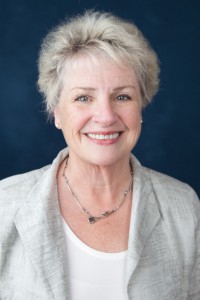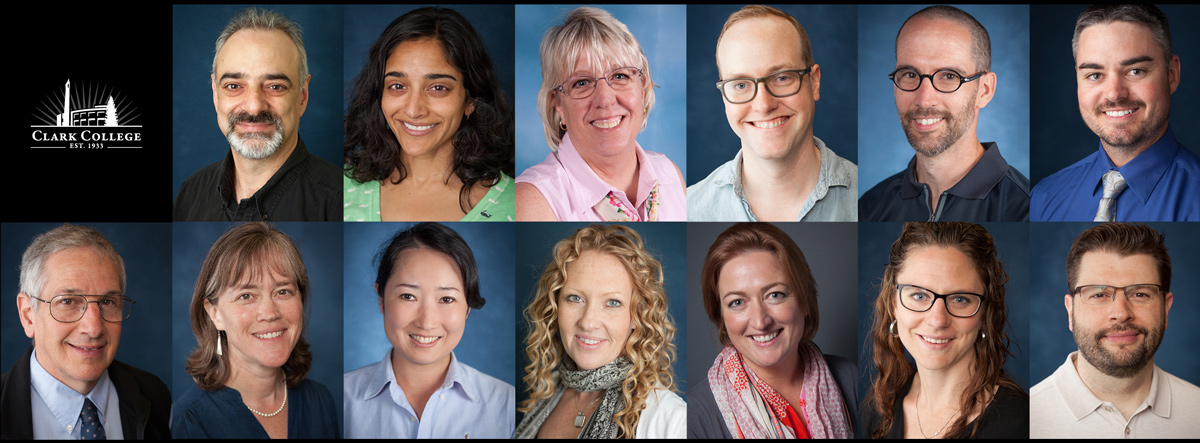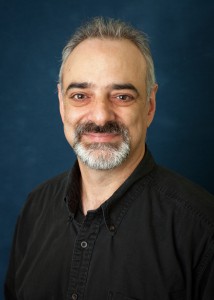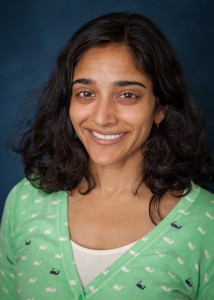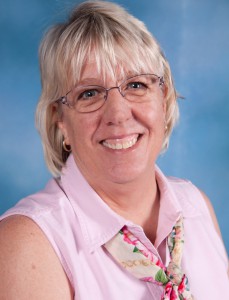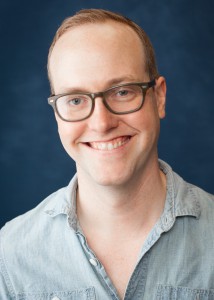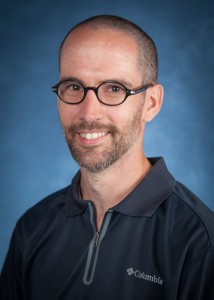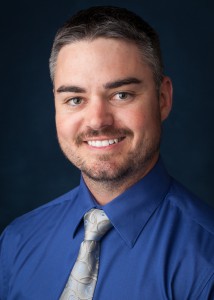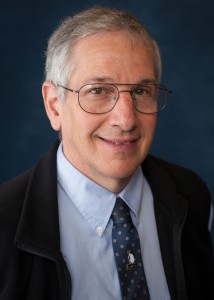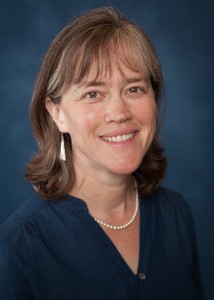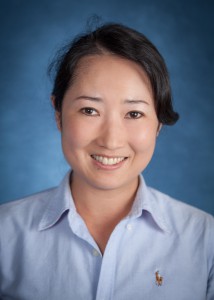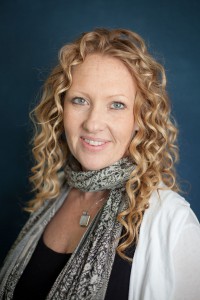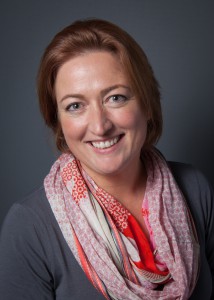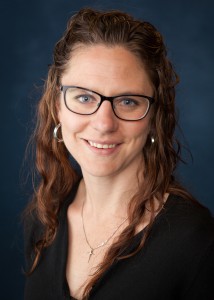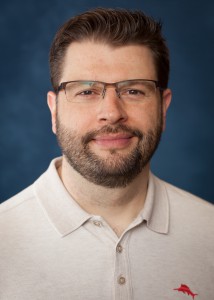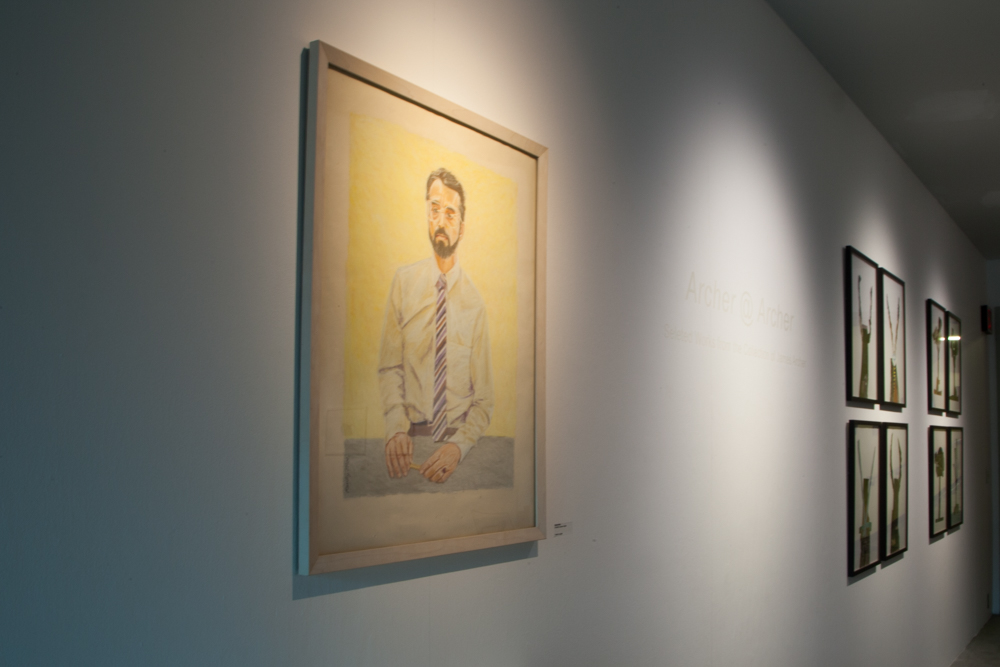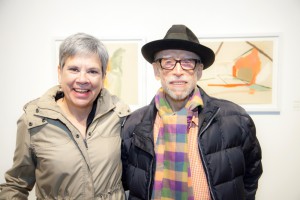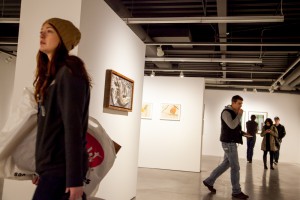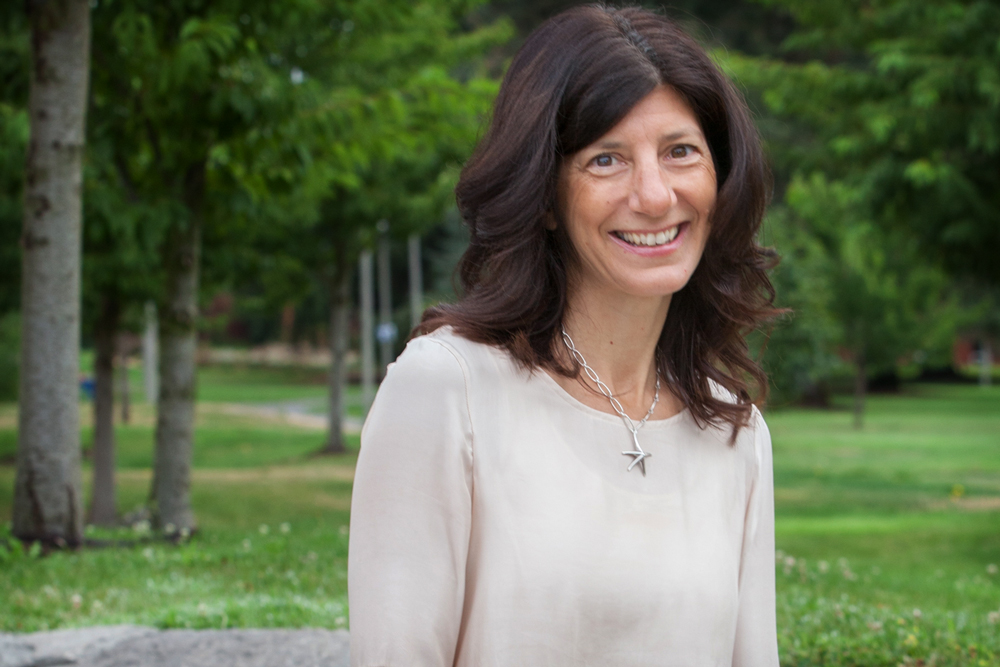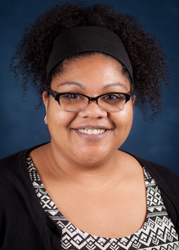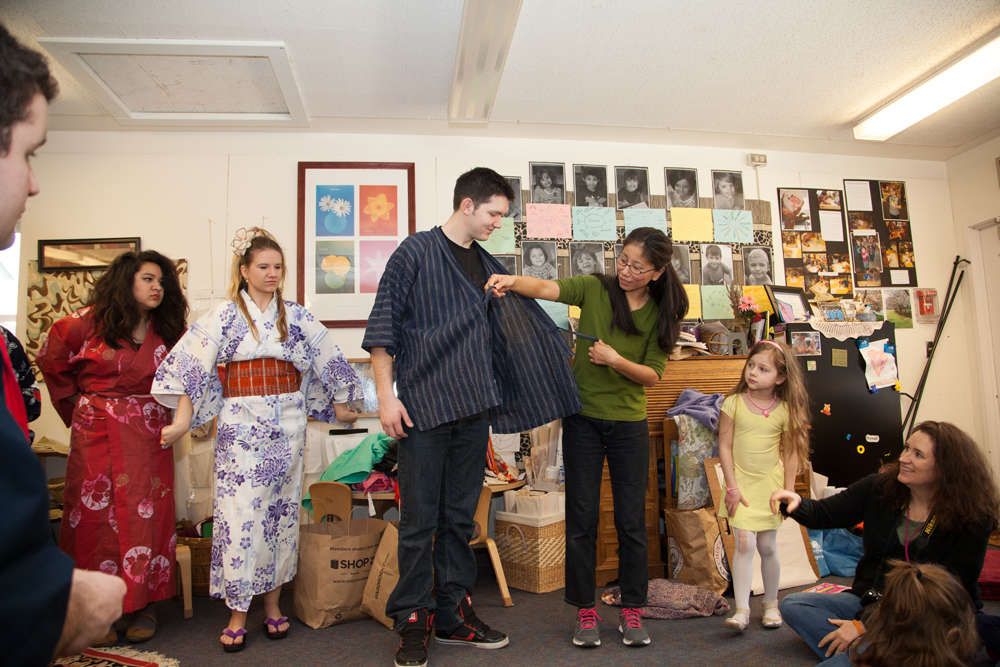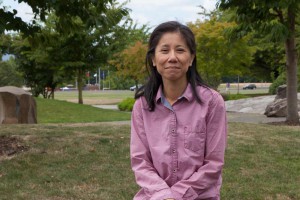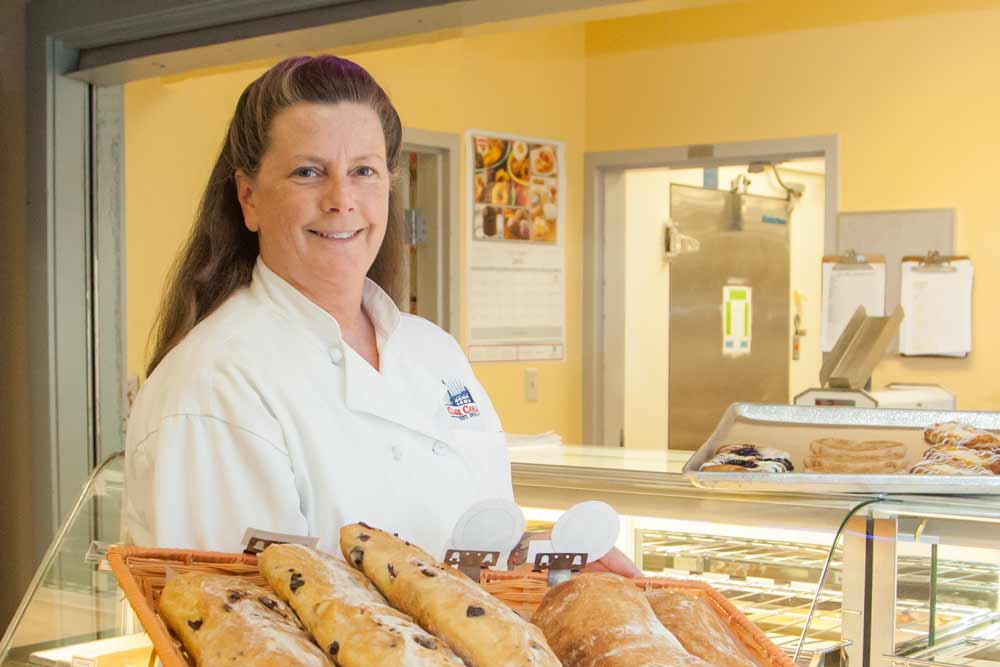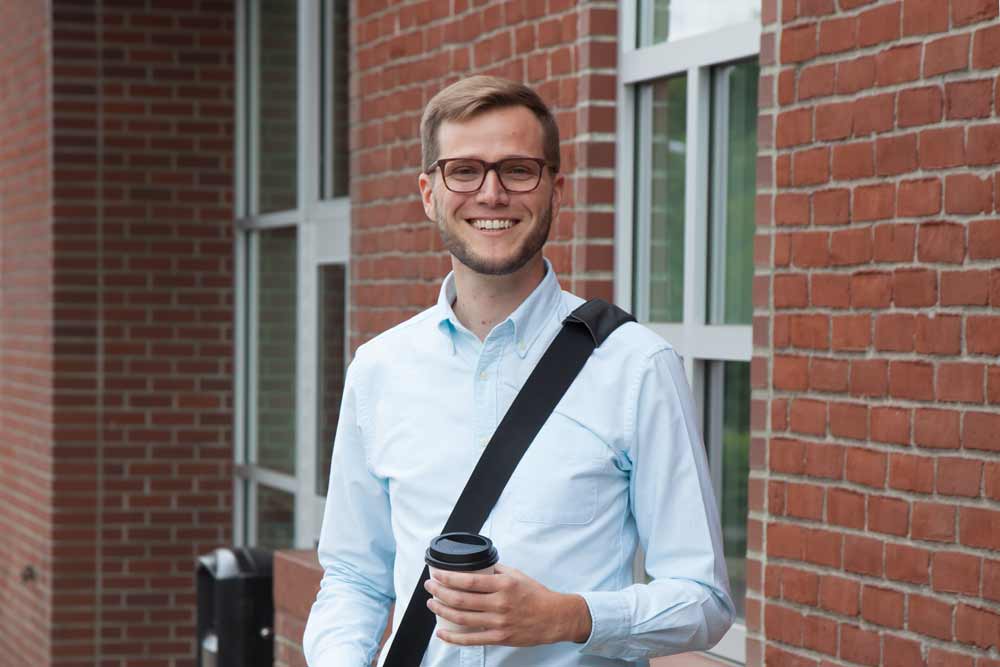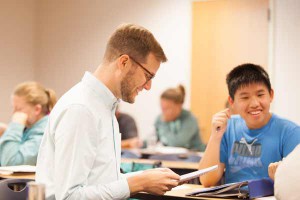To say that Laurie Cornelius has had an impact on Clark College’s Child and Family Studies program is a bit like saying that Dr. Seuss may have influenced children’s literature—you’ve definitely indulged in understatement. Cornelius, who retired fall quarter after 35 years at Clark, has served in just about every position the program has: first as a teacher of toddlers and preschoolers, then moving on to serve as parent education faculty, early childhood education faculty, lab coordinator, and, for the past 16 years, as director of the program. And while Cornelius is quick to point out that she never considered CFS “her” program, the fact remains that she was instrumental in making it the statewide model that it is today. The program currently serves three main functions: providing affordable, high-quality child care for Clark students and staff, as well as for the larger community; operating as a lab school for students in the college’s early childhood education program; and educating parents. (All parents are automatically enrolled in a one-credit elective each quarter, which they pass by completing homework that covers everything from handling tantrums to encouraging scientific inquiry in toddlers.) Clark 24/7 sat down with Cornelius before she left to talk about how the program developed into its current form, including its nationally recognized outdoor play area, the 2011 opening of its beautiful Oliva Family Early Learning Center, and why it’s important for kids to get really, really muddy.
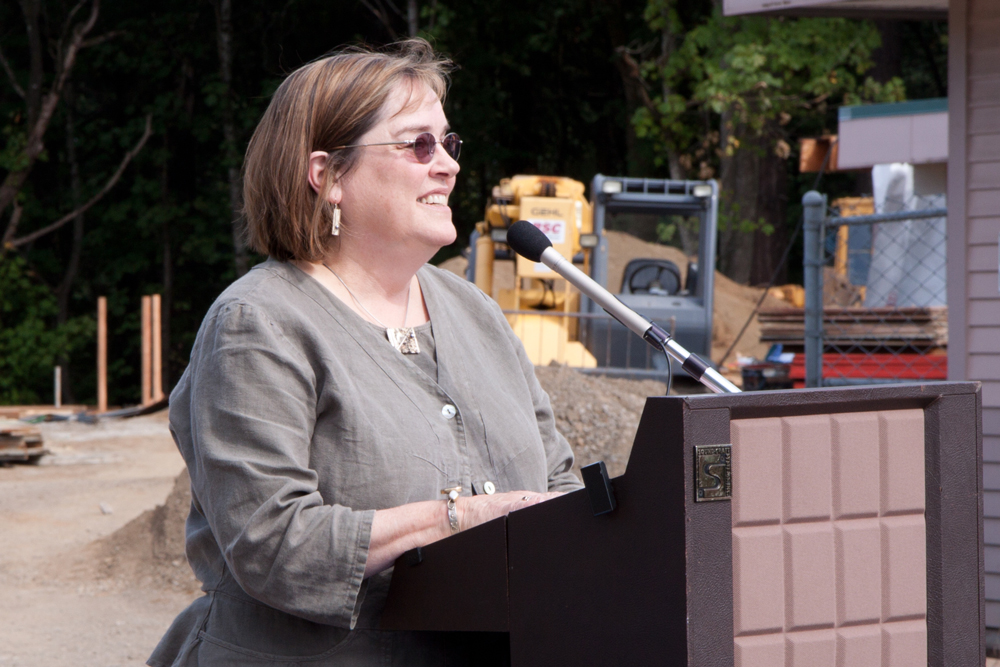
Laurie Cornelius speaks at the 2010 groundbreaking of the Oliva Family Early Learning Center.
Tell me about how you first came to this program.
I walked in as a parent, pregnant, 40 years ago. I was a visitor to see what an infant-parent class looked like. Later on down the road, I had my twins, and some of the lactating moms here donated breast milk. I started working here as a teacher in 1980.
When I became director in 1999, I knew it wasn’t “my” program. I inherited this program on the foundational efforts of so many outstanding people who preceded me. I tell the staff all the time that we don’t own the program, that we’re temporary keepers of the program, and how we are with each other in the course of every day, be it with children or with each other, will be the culture of the program that we hand off to others in the future. And that’s the heart and soul of a program.
I think it’s a myth to think that one person is responsible for innovative and creative work, because if you are going to build vision for a program, it has to be shared with others and others have to own it. It can’t be just one person. I believe firmly in that. A lot of my work and some of the success and achievement that I can feel good about, that I would say are my legacy work here, it couldn’t have existed without a whole community of people embracing the idea and contributing to it. Whenever you have people contributing to something, it always becomes much richer and thoughtful than it could have been in the beginning with just one person thinking about it.
Keeping that in mind, though, what are the innovations at CFS that you feel most personally attached to, that you would consider your “legacy” work?
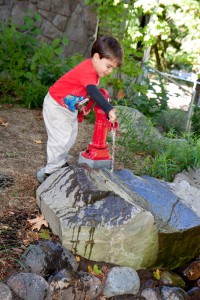 Not putting them in order, but … the first is, when I was teaching, I realized that people thought of childcare as separate from education. In our world, it becomes preschool or childcare. Preschool is valued. We would have students say, “I want to be a preschool teacher, not a childcare worker.” That’s the value judgment being placed. When with all of the brain research showing what children need, with 90 percent of their brain development in the first five years, it’s really clear that children need programs and environments that are nurturing and investigative at the same time. That means you combine it—in our field, we often call it “educare”—so their needs are being met and attended to.
Not putting them in order, but … the first is, when I was teaching, I realized that people thought of childcare as separate from education. In our world, it becomes preschool or childcare. Preschool is valued. We would have students say, “I want to be a preschool teacher, not a childcare worker.” That’s the value judgment being placed. When with all of the brain research showing what children need, with 90 percent of their brain development in the first five years, it’s really clear that children need programs and environments that are nurturing and investigative at the same time. That means you combine it—in our field, we often call it “educare”—so their needs are being met and attended to.
So we had three separate programs at the time. We had our PRIDE [early intervention] program, we had our Parent Education Department, and we had Childcare Services. They were all separate. Most of the families in Parent Ed, the bulk of them were stay-at-home moms, and they were mostly highly educated, not very diverse, and seeking out a quality preschool program. It was a parent co-op founded post-World War II and had a high parent involvement and sense of community.
The Childcare side of the house was also the ECE [Early Childhood Education] lab school, and that was for student childcare services and training for students getting their degree in ECE. It had no family involvement, no connection with the family. The parents basically just arrived and dropped off, there were no programs, no gatherings, nothing.
In the Early Intervention program, they had a separate classroom for children with identified delays or disabilities, with individual therapy appointment that weren’t in natural environments.
So they were all different. And so at that time, I was frustrated with this separation of childcare and preschool, and started thinking about what it would look like if we integrated all of these programs. So in the year 2000, we started to do the work to integrate. And I used to have lunch meetings—I used to call them my Hot Tomato Meetings, because I wasn’t sure if I was going to survive them! [Laughs.] People were angry with the concept of integration. We had parents from Parent Ed who said, “We’re not going to watch Childcare children. We’re going to get head lice from them.” There were biases. It was the tension between at-home and working families—somehow one’s better than the other—it was that kind of tension. The reality was that, with us doing lots of talking and sorting it out—and some parents left, but most stayed—we came up with a model that was integrated.
And given the trends and research that has happened since that time, we realize that we were spot-on. You know, that we were really leading and advancing the work forward. The state board did a report recommending that the Parent Ed model in the state broaden to more diverse populations. That’s exactly what we did. So I take pride in that we created a program that put this model forward. In the old model, if a parent in the Parent Ed program got divorced and had to go to work, they had to move their child. So now that doesn’t happen. A family’s circumstances can change, and the child doesn’t have to leave. Our model allows for flexibility and options for families. I think that has been invaluable.
The concept, or the value, was universal access. I used a phrase—in fact, we put it up in the Haag Lounge when we were working on it—“Is everybody safe and warm inside?” My goal was to make sure that was happening. [Planning and Effectiveness Research, Reporting, and Data Professional] Susan Maxwell helped us do an anonymous survey a few years ago, and we were looking demographics like single parent, first generation in college. We looked at race, culture, ethnicity, all of that, with these basic questions about feeling welcome, and there was no distinction in the answers between groups. We were doing real well. The relationships were being made.
I’m not saying we have a perfect world. We’re certainly working on it. But I do take pride in the fact that we do see children and families as being special, and recognize the beauty of who they are when they come through our doors.
Whether you’re a student parent, a faculty/staff parent, or a community parent—if you’ve been a parent—you know we have the most important treasure of each and every family up here. And if we are going to have them housed here within the confines of a fence, then we have to make sure that the environment is investigative and nurturing so those kiddos can thrive.
People often will enter the program and be here a little bit, and they’re trying to figure it out. They’re saying, “This place is different.” And they don’t know why. They can’t quite put their finger on it. We speak of the environment as being a third teacher. And when we speak to that, it is both the emotional environment and the physical environment. We work really hard at being thoughtful about how we set up our environments.
Another legacy is definitely the outdoors. And that’s a passion I have. That’s the personal piece of me that was really, really important to me. It wasn’t a conscious starting down that road. We had built this building over here and there was no money for a playground. And so we started researching. And the place we started is where everybody starts: toy equipment catalogs. You ask, “How many kids can get on this? What kinds of things can they do?”
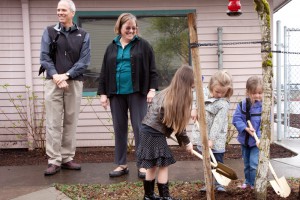
Laurie Cornelius at an Arbor Day tree planting at Child & Family Studies.
I grew up in Seattle but I grew up with a really rich outdoor experience with my parents. All seasons, we were out camping. And then in college I had the wonderful opportunity to work up at Mt. Rainier with Ranger naturalists and do campfire programs with families.
So I realized that if children are going to be in childcare for long hours, they needed more than a playground. They needed more than recess. They needed a rich environment. So we dumped the playground idea. We kept elements of it, and we said, “Well, what did we like to do? What are our play memories?” They were all outdoors. They were all playing hide-and-seek—if you play hide-and-seek, are there bushes and places to hide? If you played in barns, are there straw bales? If you played at the beach, where’s the water? If you camped, where are the woods, where are the rocks, where is the driftwood?
And so that birthed a whole new concept of how we designed outdoor play spaces. This was the early to mid-90s. So that brought on challenges, because we were licensed, and licensors did not want rocks, logs—didn’t see that as being a safe environment. The world is very litigious. In fact, I think Head Start had sent out an article on safety saying to saw the branches off of trees so children couldn’t climb them.
So I ended up, through my advocacy work and the development of this space, speaking to the State Convention of Licensors on the importance of risk in outdoor play and the need to change the WACs [Washington Administrative Codes]. It was really risky for me, because I was putting up slides of things from our program that kids weren’t allowed to do, and saying they needed to do it. So it really was pretty scary for me to do. But I did it, and lo and behold, things started changing. And now you can find rocks and driftwood and trees in many play areas around the state. That’s one of the legacies that I feel has been invaluable.
I really hammered on it. I was in City Council, school districts, all over the place, because I believe we need to change how we view our outdoor environments for kids. Right now they’re postage-stamp grass lots. And we need the woods. Kids need green spaces, they need flatlands.
It’s interesting because there’s a whole movement now toward “adventure playgrounds” that favor natural play features instead of the old swing sets and slides.
Right. There is a huge movement to start doing that kind of work. At the time, I think we were doing some very cutting-edge work with our play space, because not very many had done it. The University of Quebec published an article right around the same time we were opening on three play spaces in the United States that should be used as models for designing school spaces for Canada. We were one of them. I was very proud of that as well. Since that time, we’ve done tours, fly-ins. We’ve had national conferences in Portland, and one international conference, and our site has always been chosen to be one of three sites in the Portland-Vancouver area for touring. So we take a lot of pride in the environments and the work that we prepare.
So changing the WACs and creating the play space were huge. What we did was we used plants in the design of the outdoor space to have different focuses of play, so that when kids go outside—if they’re going to be in a huge group of kids and do everything in a room, we’ve got to get them out of that environment where they can be with one or two kids and have places to hide, we’ve got places to crawl into, we’ve got places of discovery.
[Recently retired Grounds Manager] Skip Jimerson has been such a partner in crime with me, oh my gosh. Because he loves it; he gets childhood. I’ll never forget when I told him, “We want a mud kitchen.” He said, “You want a what?” And I said, “We want logs and we want dirt, and we want kids to be able to play in the mud, make mud pies, drive trucks through the mud. We’ll clean ‘em up afterward. We want our kids to get muddy here.” And he was totally into it, he just laughed.
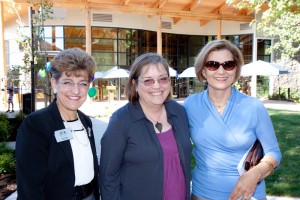
Laurie Cornelius, center, with Clark College Foundation President/CEO Lisa Gibert and former CFS parent Jan Oliva at the opening of the Oliva Family Early Learning Center.
And the Oliva Family Early Learning Center—I also see that as a legacy. Because in early learning, getting that type of building just is almost impossible, because there’s no money. Our field is devalued because of the image of babysitting and childcare. Often you’ll hear—and this is a huge challenge—people say, “Don’t advise people to go into childcare, because it’s low wages.” And yet it’s the most important job on earth, given the scope of a developing child. It is just critical because children can’t catch up if they’re not having opportunity while their brains are developing. And it’s been proven. By third grade, we’ve got kids going in with as much as a 2,000-word discrepancy in vocabulary. You’ve got children who have been read to and traveled and been to OMSI—and children who have never held a book. It’s just horrible.
So I would say those are the areas I’m most proud of. Those, and always—and this is probably the most important one—the attention to relationships within the program. That’s that culture of caring. And it’s a balance, because we’re in a bureaucracy, so we have all the rules and WACs and codes we have to follow. I always try to make sure that there is some caring to go along with that, so I try to think aloud. I try to explain my thoughts, and if I’m not sure of the answer I’ll just say, “Well, I’ve got to think it through. I’m gonna need a little more time.”
You’ve talked a bit about how CFS has changed over the years. How have you seen Clark as a whole change?
Oh, goodness. It’s a huge change, huge. When I started, before Gaiser got remodeled, there was a room maybe a third of the size of what Gaiser Student Center is now, and a small stage, and every single employee could fit on a folding chair in there on Opening Day, and you knew everybody. And maybe there would be three or four new hires, no more than that. Then, as the college grew, they started having to open a sliding wall that opened up into where Student Services offices were. And then pretty soon it got too big for that. There were employee directories with photos, so you could always see what a person looked like. Now there are so many employees that you just don’t know them. It’s just gotten so big. So that’s one big change.
I remember when email came in. And the campus was all set up for email except for us. The VP of Administrative Services at the time said, “Well, they’re up there with the children; they don’t need email.” And I complained. And his response to me was, “You can walk down to Foster every day and pick up your email.”
Children, young kids in our society—they’re pushed to the edges. They’re not embraced. On every campus, the childcare program is always on the edge. If we really were elevating and seeing the importance of how we as a community are raising kids, the childcare program should be in the middle of a circle instead of on the edge. Though now that the STEM Building is being built, we won’t be as much on the edge here.
I know my son’s loved watching the building go up—the Oliva Center’s windows look straight out onto it.
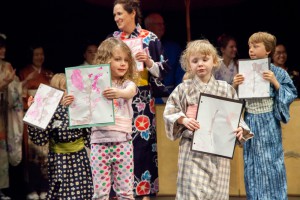
Child & Family Studies children perform and display artwork during Clark College’s annual Sakura Festival.
Oh yeah, it’s been great curriculum. But to go back to what I was saying about how we view kids—I mean, I’m speaking broadly of our society. You can’t be loud in a restaurant. You can’t cry on planes, evidently, given the news of late. There’s just a lot of intolerance of children. And I used to be of the opinion that that was how Clark viewed our children. Not anymore. I think that Clark has clearly demonstrated an exception to the rule. The reason I say that is that we now have so many areas of the campus that think of us and call us and connect with us. It’s amazing, the collaborations and richness of what some of the different departments are bringing to this program. We get our clay from the art department. The kids play down in the fountain. They’re part of the Sakura Festival every year. We’re part of the Seventh Generation powwow every year. Student Services always invites the children to attend different performances. We partner with the Japanese department and they have exchange students who spend time with us. We have collaborated in the past with the library; the kids have had story times down there. One year in the summer, there was a collaboration with PE fitness classes. They found that when they brought the kids down to play games with the adults, there was more laughter and movement in their class than just simply exercising—it was playful.
So I appreciate that. Fundraisers like our car wash and art show—we get great support from the campus, wonderful feedback. We want to do more of those collaborations and partnerships, both on and off campus.
More than a quarter of our student body at this point has dependent children. In a way, Clark’s commitment to this program is part of our commitment to them, and part of our commitment to social equity.
We try to keep a balance—I’d say 70 percent student parents. It fluctuates a bit. In that student population, we see high numbers of what have been identified as risk populations for retention. So one of the things, just before leaving, was Susan Maxwell was instrumental in helping us to create a way to track our student parents’ success rates. We’re doing that across the state with all childcare programs. We are going to be looking at retention and strategies with these populations. We also believe—and we don’t know this yet, it will have to be a research question—but we really want to know what our retention rate is. Because we’re so close to the families and we work with retention in supporting their children, and I want to see what the retention rate comparison is.
We have large numbers of students here who are first-generation in college. Our Family Life faculty do an amazing job of supporting student parents in school. And student families have stress. They have life happen to them. And by us having that option to have parent involvement, we can design specific involvement that will support them in whatever stress they are facing.
It happens here all the time. The support that this program can provide students is just amazing. They come in to withdraw their kids because they’re dropping out, and they’ll be sobbing. Maybe it’s something at home, maybe it’s the workload, maybe it’s trauma from their past that’s creating stress. And we bring them in and sit them down and connect them to resources—and they stay in school. Nobody dropping off or picking up their kid is going to see those stories. But they are here, lots and lots and lots of them.
It’s about supporting families—supporting them to be successful in a career path, but you’re also supporting them to start a journey of parenting and preparation for the K-12 system. And if we’re sending children who are healthy and excited about learning and ready to learn—who are open to inquiry, open to investigation—then we’re breaking cycles. We’re gaining an opportunity for a future Clarker to be successful here at the college.
We have third-generation families here in the program. We have students who work for us who were children here. We have grandchildren here of people who went to Clark. There’s a rich history, and lots of new families who are entering through our door all the time.
What advice do you have for whoever comes in to your position? [Ed note: At the time of this interview, Cornelius’s successor had not yet been named. Michele Volk is now the Director of Child & Family Studies.]
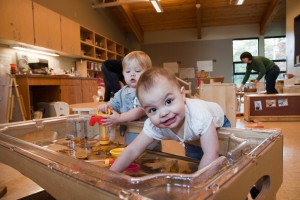 Oh, I’ve got pages and pages and pages of single-spaced writing already! [Laughs.] About the history, about the values. You know, it isn’t about staying the same. That goes back to the very beginning comments about how we are with each other. Every person who comes in the door here, even if they’re here for just a short period of time, they’re bringing something into the space and into our world, and we want to value that, we want to value their voice. So when a new person comes in and joins our staff, they’re bringing a beautiful dimension of who they are and what they can bring to our community. And we really believe in sharing the strengths and talents and joys between each other and with our children and families. Different teachers bring different passions and interests to the program. We all do that. The outdoors was definitely mine. We have a beautiful performance that we do every year, and that was Sarah Theberge’s gift. And Michelle Mallory’s bringing in the development of the art studio, the development of the library. You see the passion, you see the gifts, and they bring that into the program and it gets expressed. So the new director will come in and will have interests and passions and things that she or he will bring to the program, and it will thrive, and it will be wonderful.
Oh, I’ve got pages and pages and pages of single-spaced writing already! [Laughs.] About the history, about the values. You know, it isn’t about staying the same. That goes back to the very beginning comments about how we are with each other. Every person who comes in the door here, even if they’re here for just a short period of time, they’re bringing something into the space and into our world, and we want to value that, we want to value their voice. So when a new person comes in and joins our staff, they’re bringing a beautiful dimension of who they are and what they can bring to our community. And we really believe in sharing the strengths and talents and joys between each other and with our children and families. Different teachers bring different passions and interests to the program. We all do that. The outdoors was definitely mine. We have a beautiful performance that we do every year, and that was Sarah Theberge’s gift. And Michelle Mallory’s bringing in the development of the art studio, the development of the library. You see the passion, you see the gifts, and they bring that into the program and it gets expressed. So the new director will come in and will have interests and passions and things that she or he will bring to the program, and it will thrive, and it will be wonderful.
That’s another reason why it’s always good to have some change. Also, you don’t pay attention to things you don’t like to do. That can create gaps. I’m not savvy with technology—I get by, but I don’t Facebook. We need somebody who can bring people up to speed. I bought iPad Air2’s for every classroom. They’re for electronic assessment—that’s the future, we need to be looking at the way we do our assessment of children and screening, we absolutely have to do it—and I don’t want to have anything to do with it! [Laughs.] That’s for the next generation.
So what comes next for you?
I’ve told everybody I’m taking one year off. I’ve had many approaches about consulting work, but I need a break from the early learning community for a year to reassess and then I’ll decide what I can and can’t do.
My oldest grandkid is in kindergarten, and the two youngest are both one—they’re four months apart. So I will definitely be spending time with them, and I’ll be traveling and gardening and working out and probably doing a fair amount of cleaning and tossing things out. I’ll be—oh! The kitchen! You were asking about legacy earlier. I’m really proud of getting our food program running, so our children can have hot, nutritious lunches made with healthy ingredients. Gosh, how did I forget that?
Well, 35 years—you can do an awful lot in that time, it seems like.
Yeah. [Laughs.] Yeah, I guess so.
Photos: Clark College/Jenny Shadley
